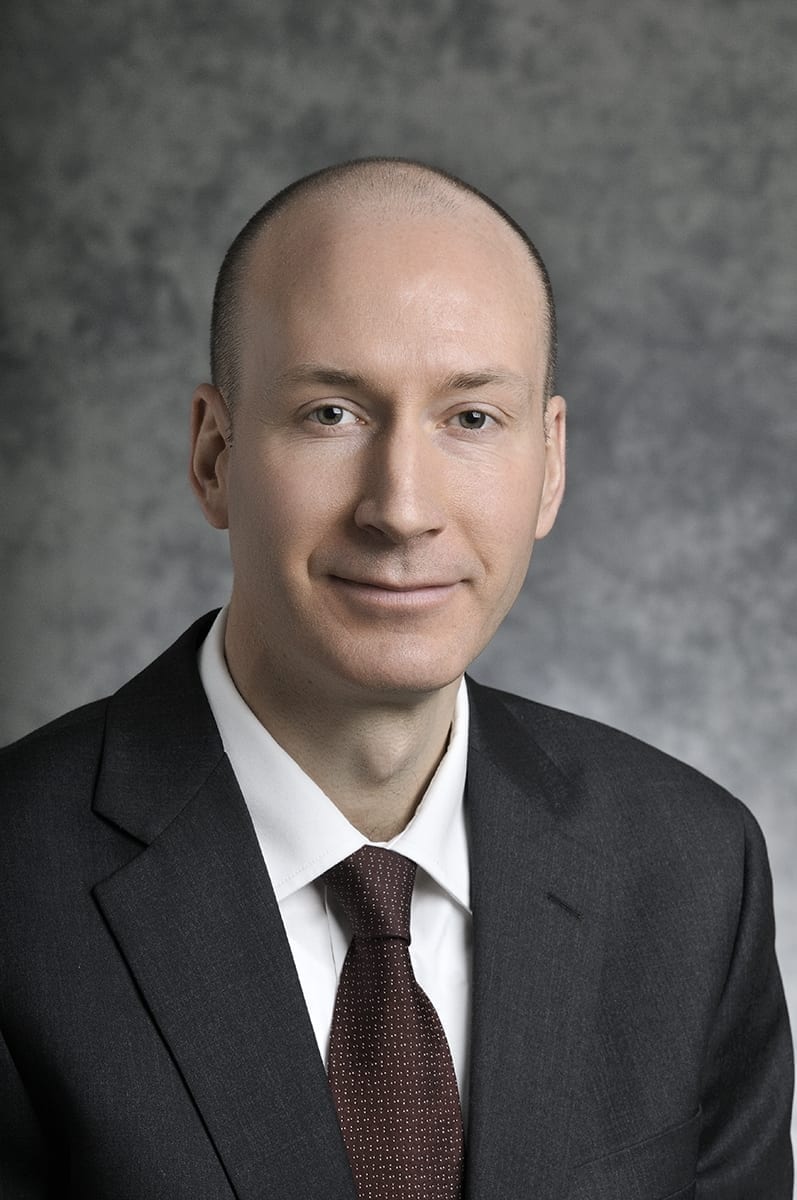
David Turk was sworn in this week as the deputy secretary of energy after clearing the Senate with only two Republicans in opposition.
Turk took the oath, administered by his boss, Secretary of Energy Jennifer Granholm, on Thursday. The full Senate approved his…